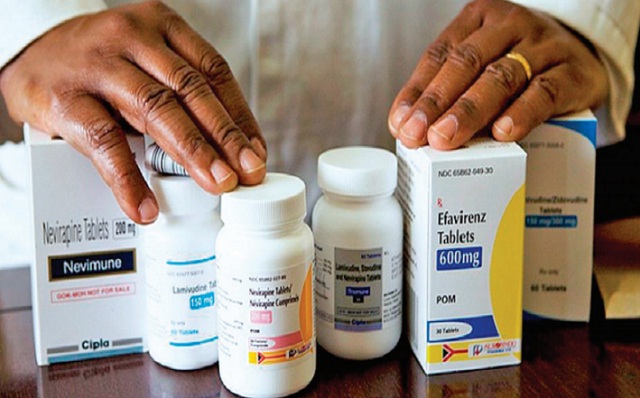
Kampala, Uganda | THE INDEPENDENT | Adherence to treatment among people living with HIV/AIDS in Gulu district is still low, according to reports from The Aids Supports Organisation-TASO Gulu Treatment Centre. HIV treatment adherence means starting treatment, keeping all medical appointments and taking medication as prescribed by medics.
However at the TASO Gulu centre, officials say they have discovered that the level of adherence to treatment is too low among people living with HIV/Aids especially men.
Michael Ochwoo, the Gulu TASO Centre Manager, says the low adherence to treatment has led to a rise in the death toll among people living with HIV/Aids.
Ochwoo disclosed that their annual statistics for the year starting December 2018 to July 2019 indicate that 54 people living with HIV/Aids died of the virus resulting from low adherence to drugs and medical prescription.
Of the deceased 30 were men and 24 women aged between 24 to 70 years. He says this is far higher than the previous years, in which death cases ranged between 10 and 15 annually.
Ochwoo explained that other factors related to the death are alcoholism especially among men, poor and late health seeking behaviour and poverty resulting to poor feeding.
Flora Aling, the chairperson governing council TASO, Gulu center, who expressed dismay with death figures, says skipping prescribed HIV treatment reduces the CD4 counts, which makes the virus to multiply.
She advises people living with HIV/ Aids to seek early health care whenever they feel sickly and adhere to treatment. An HIV positive person needs visit to their health care provider to monitor their HIV regimen and keep the virus under control.
In Gulu, about 2000 Expert Client volunteers with HIV help to monitor patients from their homes. One of them told URN on condition of anonymity that most HIV positive men do not adhere to treatment compared to women due to alcohol influence.
TASO Gulu Centre has 8727 people enrolled for treatment with an average 660 new cases registered each year. The Centre constitutes of Acholi Sub Region. A 2018 report by Gulu District Health Department indicate that 26,000 people are living with HIV/AIDS standing at 8.4% prevalence.
*****
URN
 The Independent Uganda: You get the Truth we Pay the Price
The Independent Uganda: You get the Truth we Pay the Price



